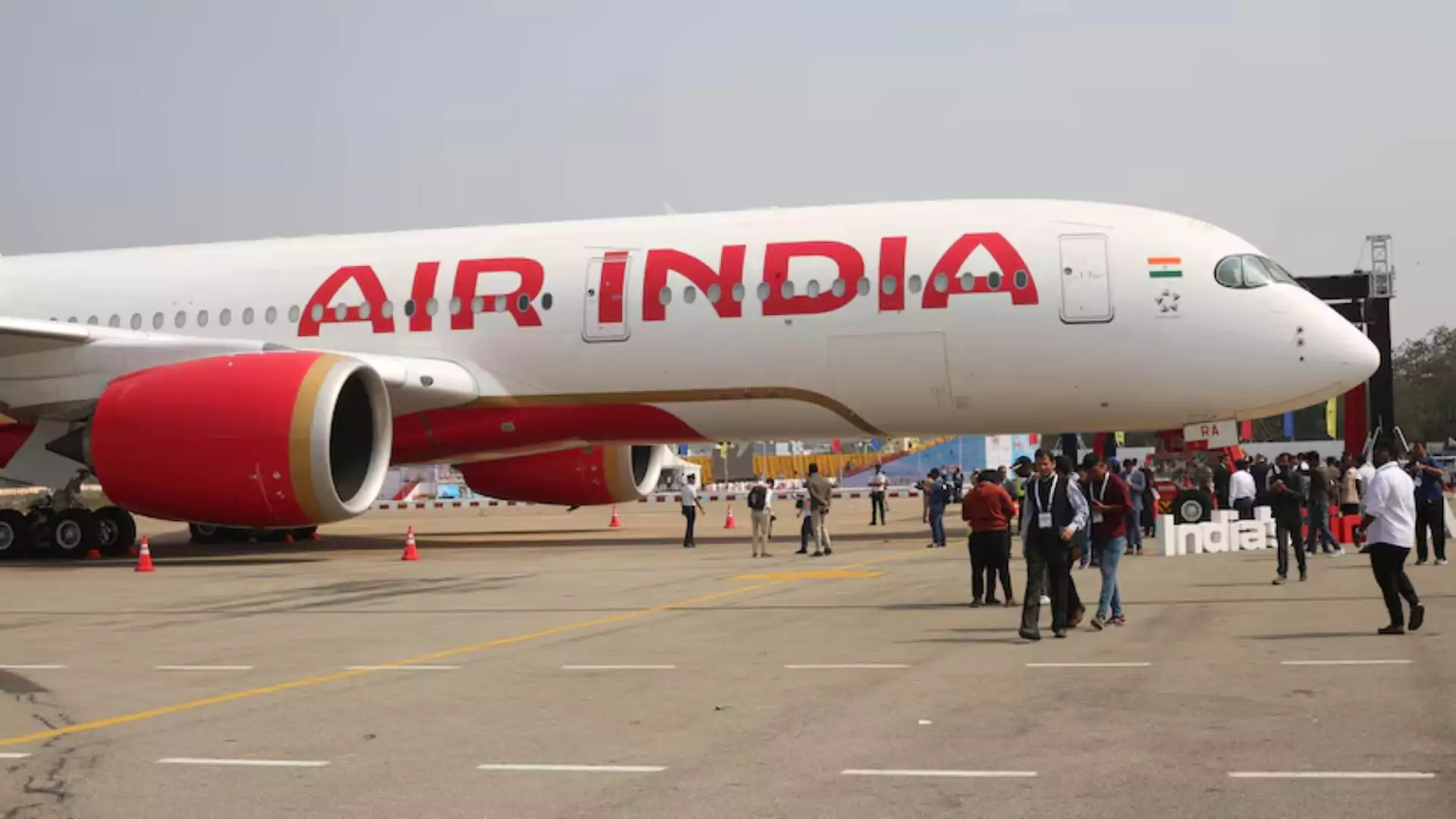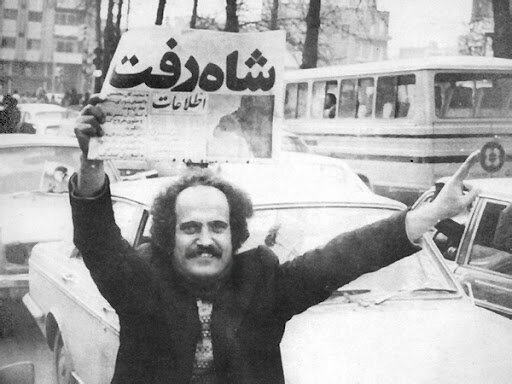
Tata Sons Chairman N Chandrasekaran reaffirmed his company’s dedication to transforming Air India into a world-class airline during the Global Alumni Meet of NIT Trichy on Saturday. Responding to a query during a fireside chat with TVS Supply Chain Solutions Ltd Managing Director Ravi Viswanathan, Chandrasekaran outlined the group’s vision for Air India, which Tata acquired in 2022 for ₹18,000 crore. “My commitment is to take every effort to make Air India an absolute top-class airline in the world—in terms of hardware, flight experience, customer experience, technology, and in every which way,” Chandrasekaran said.
Air India has placed a substantial order for 470 aircraft, including 250 from Airbus and 220 from Boeing. In December 2024, the airline expanded its fleet plans further by ordering an additional 100 wide-body A350 aircraft and 90 narrow-body A320s, including A321neos. On a lighter note, Chandrasekaran urged the audience to “help” by encouraging Boeing and Airbus to expedite the deliveries.

“You all need to help me by pushing Boeing and Airbus to deliver me the planes,” he quipped. Semiconductor Industry Holds Vast Potential Shifting the conversation to Tata Sons’ involvement in the semiconductor sector, Chandrasekaran highlighted the company’s $18 billion investments in precision manufacturing, semiconductor assembly, and testing. “Our semiconductor fab should be operational by 2026.
Whether it is the energy sector or the semiconductor sector, we have taken the lead and a head start,” he said. He emphasized the need for a focused, long-term approach to developing India’s semiconductor ecosystem. “We have to build a whole ecosystem in the semiconductor sector.
Thousands of companies are coming up in this space over the next 18-24 months,” he added. Chandrasekaran also underlined the importance of government support, investments, research, and academic collaboration to strengthen the semiconductor industry. “It is a long way to go,” he noted, calling for persistent efforts to ensure the sector’s growth.
ALSO READ: Samsung Apologises For Disappointing Profit As It Struggles In AI chips.















